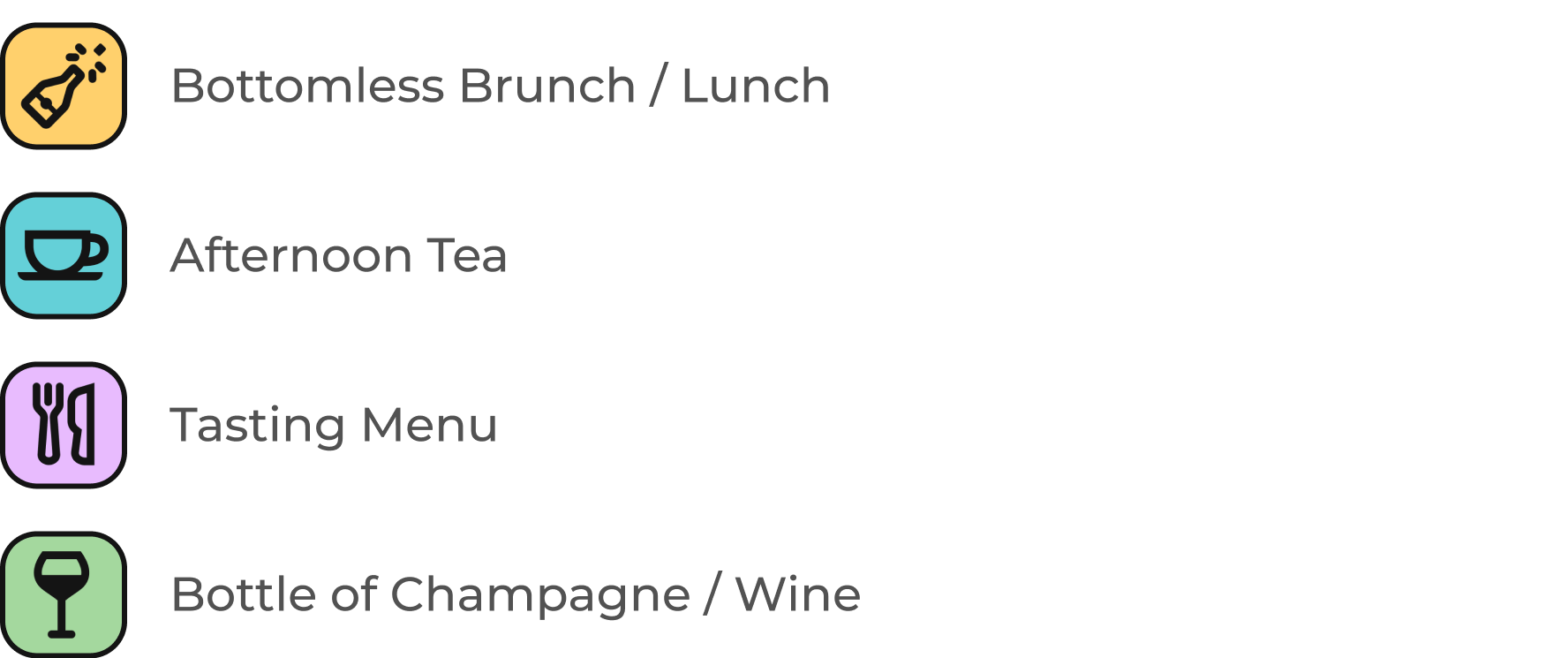AU Restaurant Trends and Diner Expectations
New data explores how changing Australian consumer dining expectations are impacting restaurant growth in the age of AI and automation.


Restaurants are the third place people crave
As consumer behaviour has shifted due to changing economic conditions and a return to the office, people are looking for third places outside of home and work to connect and unwind. And the restaurants adapting to these shifting expectations are winning more business.
Take a look at some of the top hospitality trends, and download the full AU report for even more insights.
What matters most to diners today
Australian consumers across generations and cities care most about convenience, personalisation and value when dining out. They’re particularly loyal to brands they trust and willing to pay more for elevated experiences.



Younger consumers are fueling the restaurant revival
Despite inflation concerns, 42% of Aussie consumers are dining out at least 3X per month. Younger generations have made restaurants part of their weekly routines.




The weekend now extends to Monday
Mondays are one of the most popular days for restaurant reservations, and searches for “restaurants open Monday night near me” are up 152% year-over-year.



More than half of diners book reservations last minute
Diners have figured out that same-day reservations are a good option if they haven’t booked far in advance.
How far in advance do guests typically book reservations?



The strategies making restaurant profits rise
Restaurants across Australia are seeing growth — with a 26% year-over-year increase in reservations comparing Q1’23 to Q1’24. This year, restaurants are focused on four goals: increasing revenue, reducing operating costs, training staff and improving margins. Here’s what’s helping restaurants grow in 2024.



Operators are dropping a pin where it’s hot
Diners in areas like Brisbane and Melbourne dine out more frequently than your average Aussie, but Sydney still reigns supreme as the most frequent diners, with 55% dining out 3+ times a month.


Loyalty is the best policy, but it’s not one-size-fits-all
In Australia, age plays a large role in what consumers look for from loyalty programs. With 83% of restaurants already offering a loyalty program, operators should curate their benefits to stay competitive.


Experiential dining that sells best
Consumers are looking for new experiences, and are particularly interested in themed events and upgraded dining options.
Top SevenRooms upgrades by revenue

SevenRooms operators cashed in on upgrades in 2023
What’s simmering in restaurant marketing
The biggest themes in restaurant marketing from our research are related to authenticity, community connection and timely, targeted messaging using a multichannel approach. In 2024, restaurants are investing heavily in social media and exploring AI and automation.



Social media is the amuse-bouche of restaurant discovery
86% of operators spend most of their marketing budget on social media with a focus on organic social media and paid ads, but less on influencers.


More than half of consumers try restaurants because of social media
Here are the top influences by generation.


To win at restaurant email marketing, the more targeted, the better
Email is the preferred channel for Millennials, Gen Xers and Baby Boomers to receive restaurant communications. And from February to May 2024, SevenRooms’ Australian customers generated over AUD$5M in revenue with Email Marketing.
Restaurant email benchmarks*
*Restaurant email benchmarks were based on a large sample of SevenRooms U.S. customers analysed in 2023.
How restaurants are powering up with AI and automation
The majority of Aussie hospitality operators are already using artificial intelligence (AI) and automation in their business and plan to expand usage this year. They’re primarily using it to analyse data and manage inventory more efficiently.


Restaurants are working smarter to improve guest experiences
Every industry today is using AI to help staff work more efficiently — and the same is true for restaurants. They're primarily looking to AI to analyse data, manage inventory and devise menu items.

85% of restaurant operators are already using AI in some way to run their business.



Restaurateurs want to bring automation to operations
Restaurants with limited staff and resources are using automation and smart restaurant tech to streamline training and amp up customer communication.






